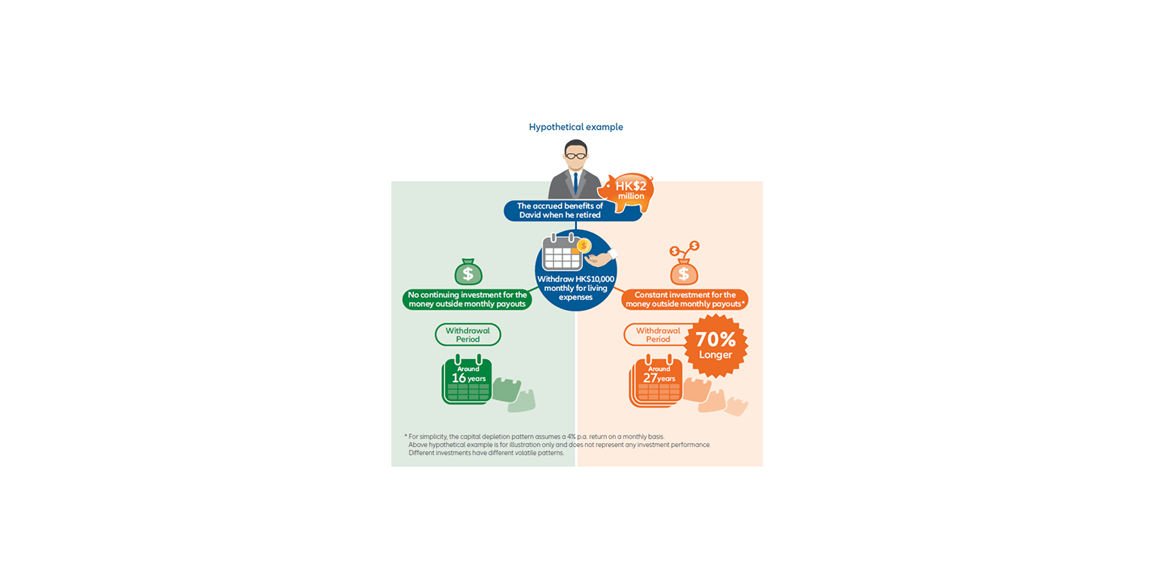Coronavirus update: for investors, caution is warranted, not panic

A slower outlook for the global economy on multiple fronts
While scientists try to learn more about the new coronavirus (covid-19) and public health officials seek to contain its spread, there is no doubt that there are multiple causes for economic concern:
– The disruption to supply chains remains significant, particularly across Asia; this will likely hurt global growth prospects for the first half of 2020.
– Travel and tourism have dropped, hurting a range of related sectors – from airlines to hotels. France, Italy and Spain generate a significant portion of their GDP from tourism, increasing the risk of a recession in the euro zone. The risk of a global recession has also gone up.
– The price of oil has plummeted on news of slowing global demand and OPEC’s move to flood the markets with oil. The oversupply issue has happened before, but it’s the combination of a supply glut and demand drop that the market is really struggling with.
– The slowdown running through many global supply chains may cause a cash and credit crunch if corporations and individuals are unable to pay their bills. Governments (particularly in China) could see declining tax receipts, which may raise debt levels further. These developments could curtail the investments that the economy needs.
In response, central banks have stepped in. The US Federal Reserve has made emergency moves, cutting short-term interest rates and increasing excess reserves in the banking system to ensure a functioning repo market. Responses like these suggest that central banks see a high risk of financial contagion and are ready to supply limitless credit to their markets and economies.
Economic damage may spread
Central banks were already running out of ammunition to spark a turnaround after the next crisis – and the spread of coronavirus certainly has all the hallmarks of an economic emergency. But lower interest rates and more quantitative easing will not cure the virus nor assuage people’s worries. As this contagion widens, we fear this outbreak will be met with ever more economically damaging containment measures before it comes under control. As a result, we expect to see continuing stress inside many of the most vulnerable industries and economies.
Could the spread of covid-19 and the collapse in the oil price trigger a global recession? It’s possible. The global economy is quite late in the economic cycle, and it was already facing record corporate margins and record levels of debt – private-sector leverage is particularly high in China and the US.
Implications and actions for investors
- Low oil prices will likely turn around. As the price of oil falls, it’s not just energy stocks but high-yield issuers that will suffer. US shale may be the biggest casualty for now, but we expect the strongest to survive and eventually prosper from this reset. Once China’s economy comes back online, expect its demand for oil to reaccelerate.
– Look for quality amid the confusion. In the short term, we think investors should look for quality companies with low leverage, stable cash flows and good dividend yields as the more vulnerable parts of the markets sell off.
– Risk-on/risk-off swings may continue. Covid-19 is prompting many large investors to take profits, hedge massively and invest defensively rather than pursue value and returns. As ETFs and other indexed investments encounter high outflows, they will be forced to liquidate some holdings. These pressures could lead to additional mispricing that lessens confidence for all investors. But we have already seen large “risk-off” swings followed by large “risk-on” moves – though we don’t expect the markets overall to become enamoured of risky assets anytime soon.
Stay Invested after Retirement for Your Capital to Last Longer






